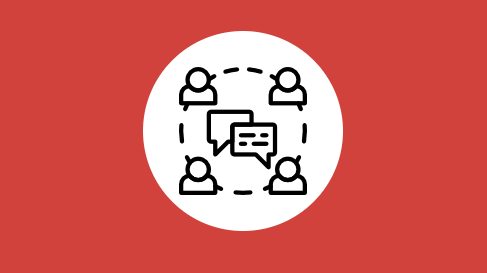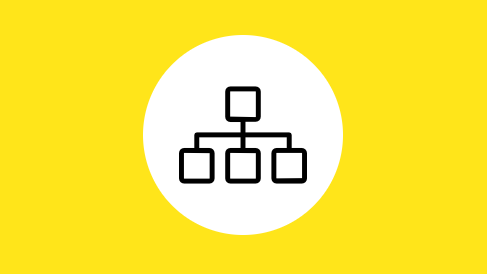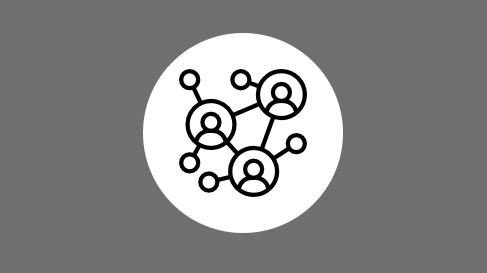About the project
Autopsies are an important medical tool for understanding infectious diseases such as COVID-19 and the gold standard for post-mortem diagnostics. This enabled important insights into the course of severe COVID-19 diseases to be uncovered early on during the pandemic.
The aim of DEFEAT PANDEMIcs was to establish a Germany-wide post-mortem network for the pandemic in order to collect and collate data, biomaterials and findings quickly, systematically and in a standardised manner as completely, comprehensively and promptly as possible and to make them available to the network partners for evaluation.
► more
The DEFEAT PANDEMIcs project was divided into three thematic areas and a total of ten sub-projects:
Topic area 1: Harmonisation of quality-assured autopsies with decentralised sample storage and innovative pilot projects for pandemic autopsies:
- WP1: Network expertise
- WP2: Development of recommendations / process standards / quality management and emergency plans for autopsies in the event of a pandemic (short title: Standards)
- WP3: Study on the implementation and validation of specific autopsy techniques (short title: Specific techniques)
- WP4: Pilot study on national mortality recording through autopsies in the event of a pandemic in accordance with the IfSG (short title: Recording)
Topic 2: Nationwide implementation of pandemic autopsies with centralised dissemination and data collection:
- WP5: Harmonisation of existing structures in the central data register for COVID-19 autopsies (DeRegCOVID) (short title: Harmonisation)
- WP6: Germany-wide implementation of autopsies and biobanking (short title: Implementation)
- WP7: Measures to increase centralised data reporting of autopsy results (short title: Data reporting)
Subject area 3: Standardised and innovative methodological-diagnostic approaches for autopsies:
- WP8: Sample quality requirements for the analytical use of autopsy samples (short title: Quality)
- WP9: COVID-19 pathology reference centres (short title: Reference centres)
- WP10: Pilot study on digital autopsy pathology (short title: Digitisation)
During its term in 2020 and 2021, DEFEAT PANDEMIcs established an expert, service and development platform for networked autopsy-driven research in Germany. DEFEAT PANDEMIcs developed best practices and standard operating procedures for COVID-19 autopsies and the collection of biomaterial and provided support with expertise in tissue-based analyses. This breeding ground made it possible to continue the project work in the follow-up project NATON and to generate further clinically relevant findings from post-mortem data.
The autopsy centres involved in DEFEAT PANDEMIcs have impressively demonstrated the important contribution autopsies can make to understanding the fatal consequences of COVID-19 or new (infectious) diseases in general. Numerous publications have been published with the participation of the network's scientists, some of them in the highest-ranking journals in medicine. By the beginning of 2022, over 140 scientific articles on the topic of COVID-19 had been published by the network's participating post-mortem centres. Some important examples were the work on specific lung damage in COVID-19, thromboembolic events, distribution of the virus outside the lungs or the effects on the central nervous system. Novel methods have already been established and developed in the network, which deal with new aspects of conducting autopsies of infectious deceased persons, material collection, processing and analysis. The NATON expert centres offer organ-specific pathological and virological analyses that help to better understand the pathogenesis and development of COVID-19.
The German COVID-19 autopsy registry (DeRegCOVID), still the only one of its kind internationally, formed the central, electronic backbone of DEFEAT PANDEMIcs and will be continued in NATON. It was further expanded over the course of the project and adapted to the new challenges of the pandemic. For example, data on vaccinations and virus variants was collected and data sets from the CNS-COVID-19 register of the German Society for Neuropathology and Neuroanatomy were added.
Intensive public relations work was another important aspect of DEFEAT PANDEMIcs and its participating partners. The findings on COVID-19, which were obtained with the help of autopsies, were presented in numerous media in generally understandable articles and knowledge about the importance of autopsies for medical progress in general was improved.







